A vendor is a person or company that supplies goods or services to a company.
Vendor is type of an entity record in NetSuite. Vendor record stores all the information about vendor, such as Primary information, Email Phone Address, Relationships, Communications, Classifications, Marketing, Financial Information, Preferences, Access.
Create a Vendor record in NetSuite:
- Go to Lists > Relationships > Vendors > New
Primary Information

If you check “Auto” check box under primary information, NetSuite automatically generated Vendor ID. And once you select Vendor type is “Company” under primary information, then first name and second name fields are hide. And “Company Name” is mandatory.

If you want to give Vendor ID manually, please Uncheck “Auto” Check box under primary information and enter Vendor ID and once you select Vendor type is “Individual” under primary information, First name and second name fields are mandatory and enter vendor name.
Subsidiaries:

If you use NetSuite OneWorld Account, you can assign one primary subsidiary and several secondary subsidiaries under subsidiaries subtab. This is useful when you have multiple subsidiaries using the same vendor. If you select any primary subsidiary, selected subsidiary is automatically shows first line in the subsidiaries subtab.

In View mode subsidiaries subtab provides the information about vendor’s total unbilled balance (sum of all of the assigned subsidiaries’ balances) and total outstanding balance in the primary subsidiary’s currency. Once you save the record you can’t change the primary subsidiary. User can delete secondary subsidiary, if there are no associated transactions to the selected subsidiary.
Inactivating a vendor record:
An inactive vendor is a person or company you don't do business with anymore typically these are vendors whose records you can't delete because historical information is kept for them.
If you inactivate a vendor record, you can’t enter transactions of any kind for the vendor.

When you edit an Vendor via Lists > Relationships > Vendors (The name of the vendor whose record you want to inactivate) click the system information subtab and check the inactive check box.
If you assign multiple secondary subsidiaries to a vendor record , this is useful to multiple subsidiaries using the same vendor.
Making a vendor inactive isn't the same thing as placing a vendor on hold. You might find it helpful to think of inactivating a vendor record as a permanent change that reflects you no longer do business together, while placing a vendor on hold usually is a temporary change to the vendor's status.

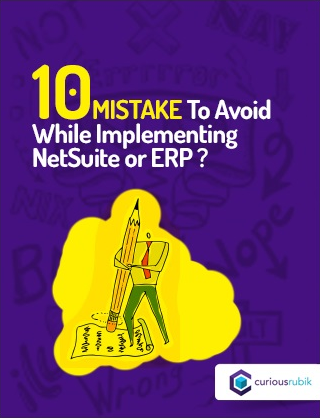

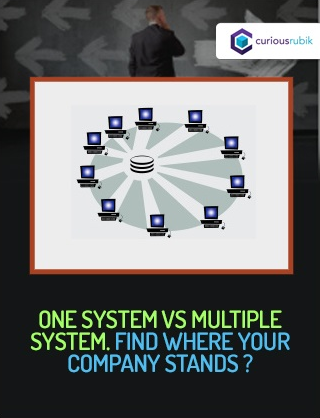


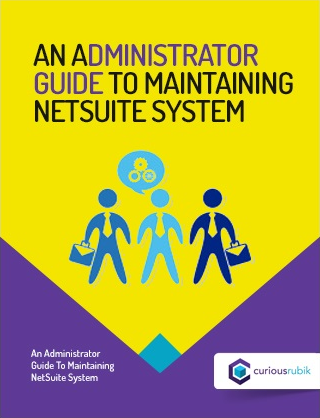
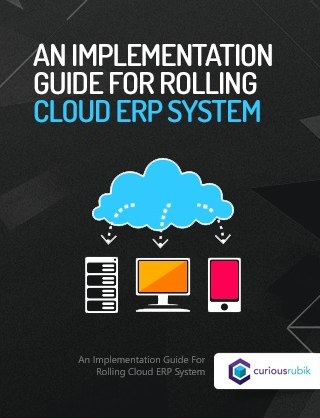
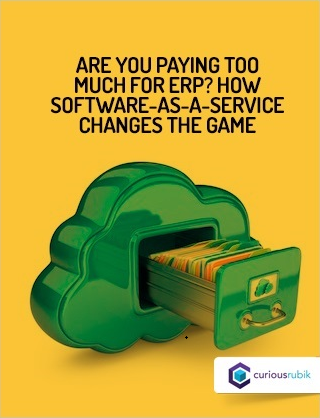











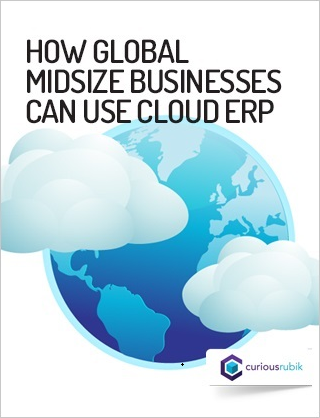

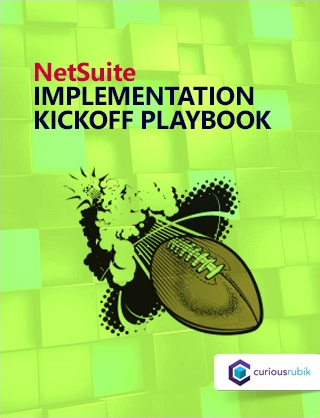


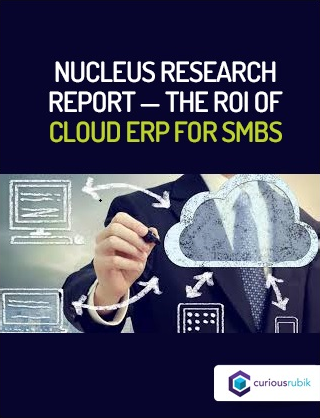
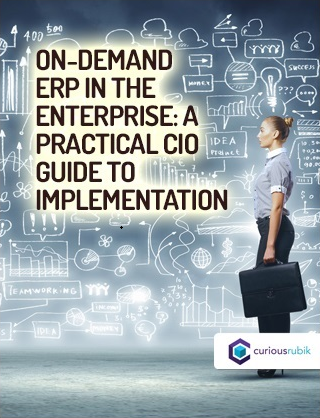

















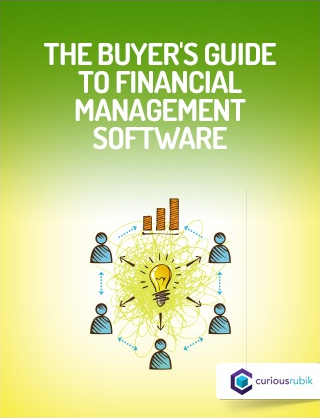
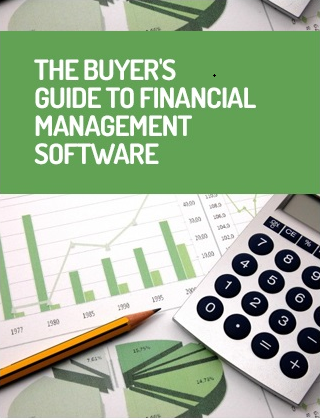





















 Twitter
Twitter Linkedin
Linkedin Youtube
Youtube Google +
Google + Face Book
Face Book